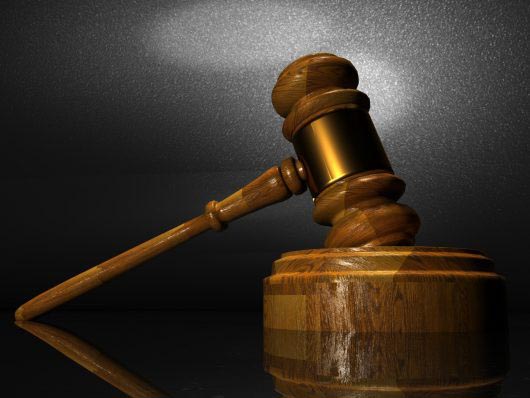Criminal Defense Lawyers Explain the Changes in New York’s Criminal Justice Reform Laws…
In January 2020, New York passed substantial criminal justice reforms, including major changes to bail and discovery. Since then, New York has passed amendments, modifying the reforms in some substantial ways. These new updates went into effect on July 1, 2020.
If I am charged with a crime, will I still be eligible for release after the law changes?
Probably. While the changes to the law increase the types of offenses for which a judge can set bail, New York courts are still required to set the least restrictive conditions it deems appropriate to ensure a person returns to court.
What new offenses or crimes were added as “qualifying offenses” for bail?
A judge may now set bail if you are charged with any of the following crimes:
- Burglary in the Second Degree if it involved entrance into the “living area” of a home
- Any crime that is alleged to have caused the death of another person
- Criminal Obstruction of Breathing, Strangulation, and Unlawful Imprisonment, if the alleged victim is a member of the same family or household
- Aggravated Vehicular Assault
- Hate Crime Assaults
- Grand Larceny in the First Degree
- Failure to Register as a Sex Offender
- Bail Jumping
- Any felony alleged while on a probation sentence
- Any felony alleged while released on any other pending case
- Any felony if the individual qualifies for persistent felony offender status
The other qualifying offenses included with the original reform remain as well.
Can a court impose restrictions other than bail or jail?
Yes. The July 2020 reforms expand the ability of a court to order any of the following conditions if the court believes it necessary to ensure your return to court.
- Passport surrender
- Mandated counseling programs
- “Association” refrains, prohibiting you from being with or communicating with people beyond those in an order of protection
- Proof of diligent efforts trying to obtain housing, employment, or schooling
- Obey reasonable requests and conditions to ensure the safety of a victim
- Electronic monitoring
However, be aware that you cannot be forced to pay for any of the above services, regardless of your income status.
What changes were made to my Discovery rights? Do I get to see the evidence against me?
Under the original changes to the discovery rules, the government had fifteen (15) days to provide most of all discoverable evidence it intended to use against you. Under the new amendments, that timeframe is expanded. If you are in custody, meaning in jail or unable to post bail or bond, they have twenty (20) days to provide your attorney with the discovery in your case. If you are not in jail, the prosecution has thirty-five (35) days to provide the evidence.
Can the government get an extension for more time to provide the evidence against me?
Yes. The government has the right to an automatic thirty (30) day extension for “voluminous” discovery. The new amendments clarified “voluminous” to include body camera videos, dashboard or in-vehicle videos, and other video surveillance.
Are there any cases where the new discovery laws do not apply?
Yes. The new amendments now specify that the right to earlier discovery does not apply if you are only charged with minor traffic offenses, violations, or petty offenses in a municipal code. As long as there is no imprisonment/jail penalty or the charge does not result in a criminal record, the new discovery rules do not apply.
You still have a right to discovery in these cases, however it must be provided 15 (fifteen) days before trial, unless a motion is filed to receive the discovery earlier and the court grants the request.
Is there any evidence the defendant cannot get under the new discovery laws?
Yes. In the case of a 911 phone call when the government intends to call that 911 caller to testify, their name and other contact information may be withheld until 15 (fifteen) days before the trial or hearing at which this person will be called to testify.
Also, under the original law, the government could automatically exclude information as to confidential informants. That right now extends to the identity of a 911 caller, and victims and witnesses in sex offense allegations, including sex trafficking. The government can automatically withhold this information and does not need to seek a protective order from the court to do so. However, they are required to disclose that they are withholding such information.
Were there any changes to scientific or expert discovery?
Yes. The government need only provide a list of tests and results, not the actual tests themselves. Also, the prosecution is not required to provide any information about a scientific test until it has been completed.
If I think it would be helpful for my case, can I choose to waive certain time frames or discovery rights?
Yes. When doing so, a court is required to make an inquiry about the waiver of your discovery rights on the record, i.e. in open court so a stenographer may document the conversation. It should not simply be a written/signed waiver by you and your attorney. Even if your attorney advises you of your discovery rights, the court must still conduct its own inquiry to make sure you understand and want to waive your discovery rights.

